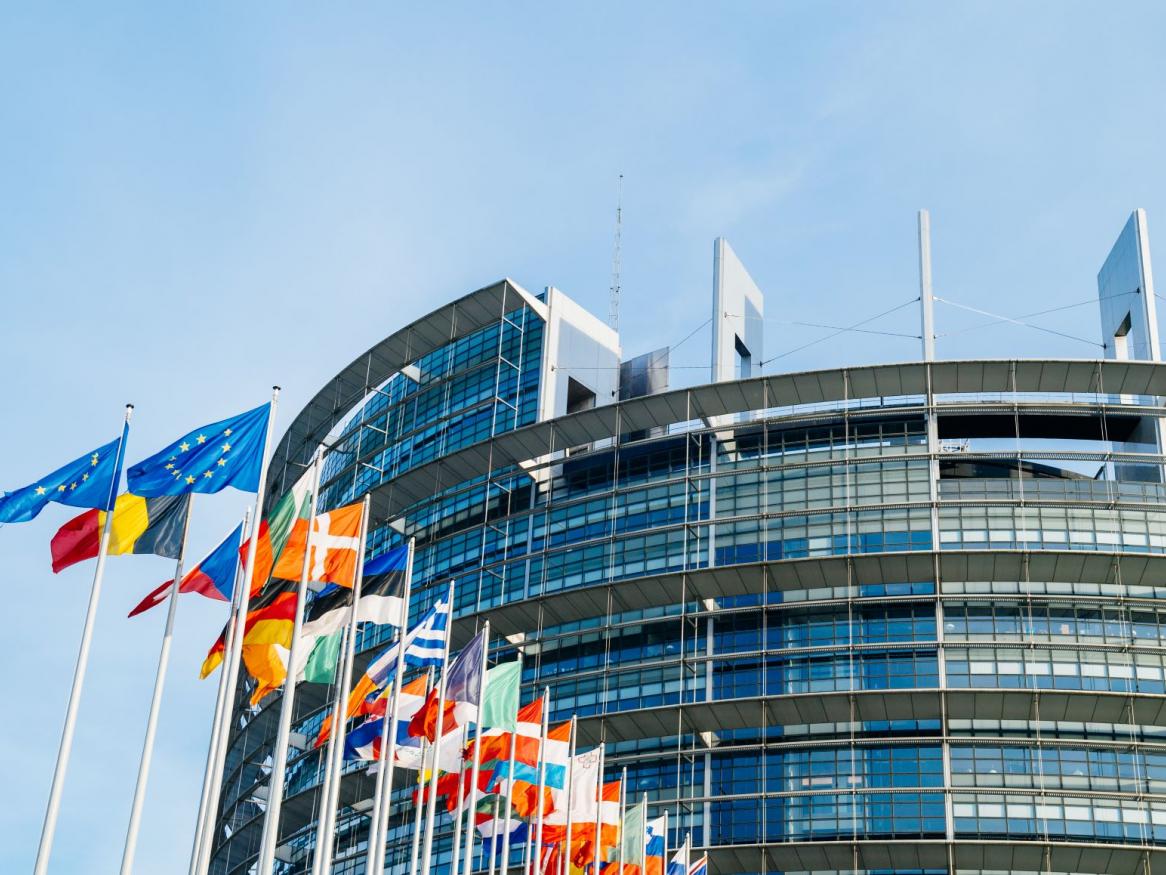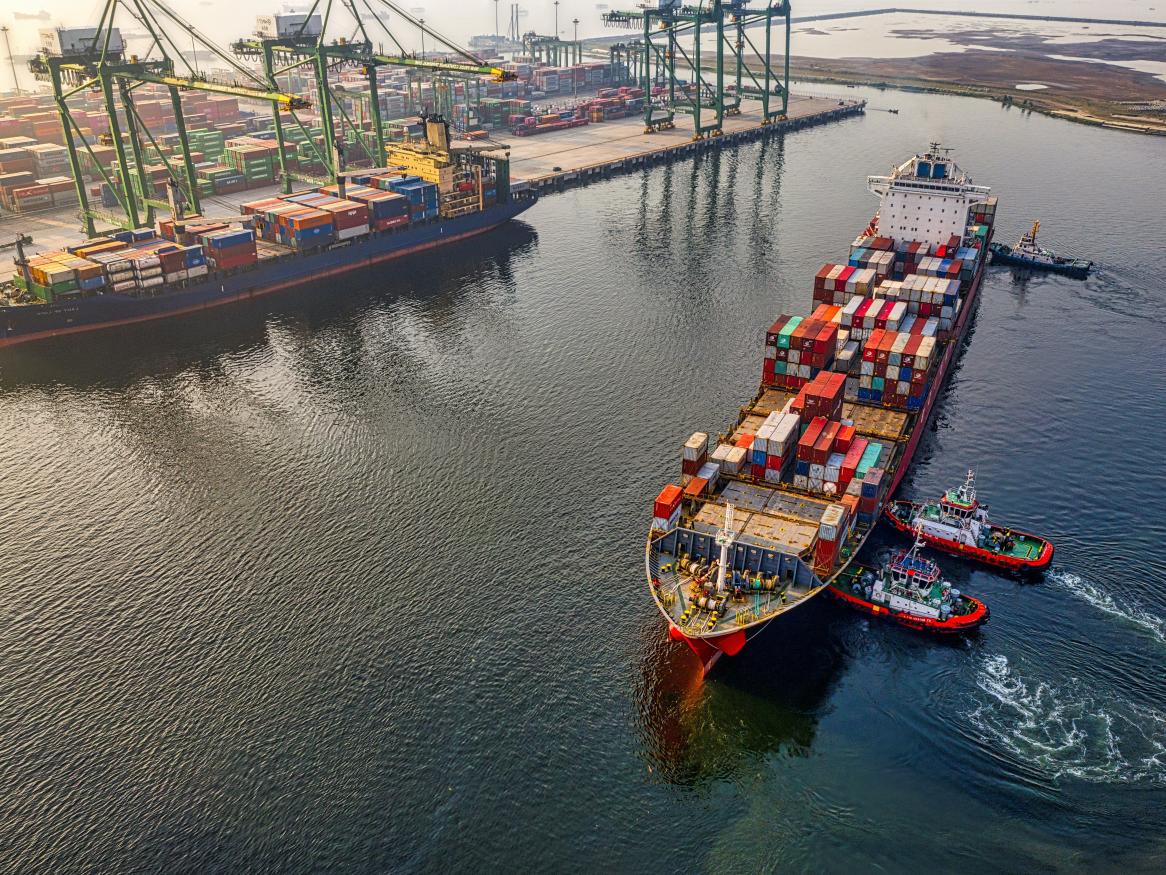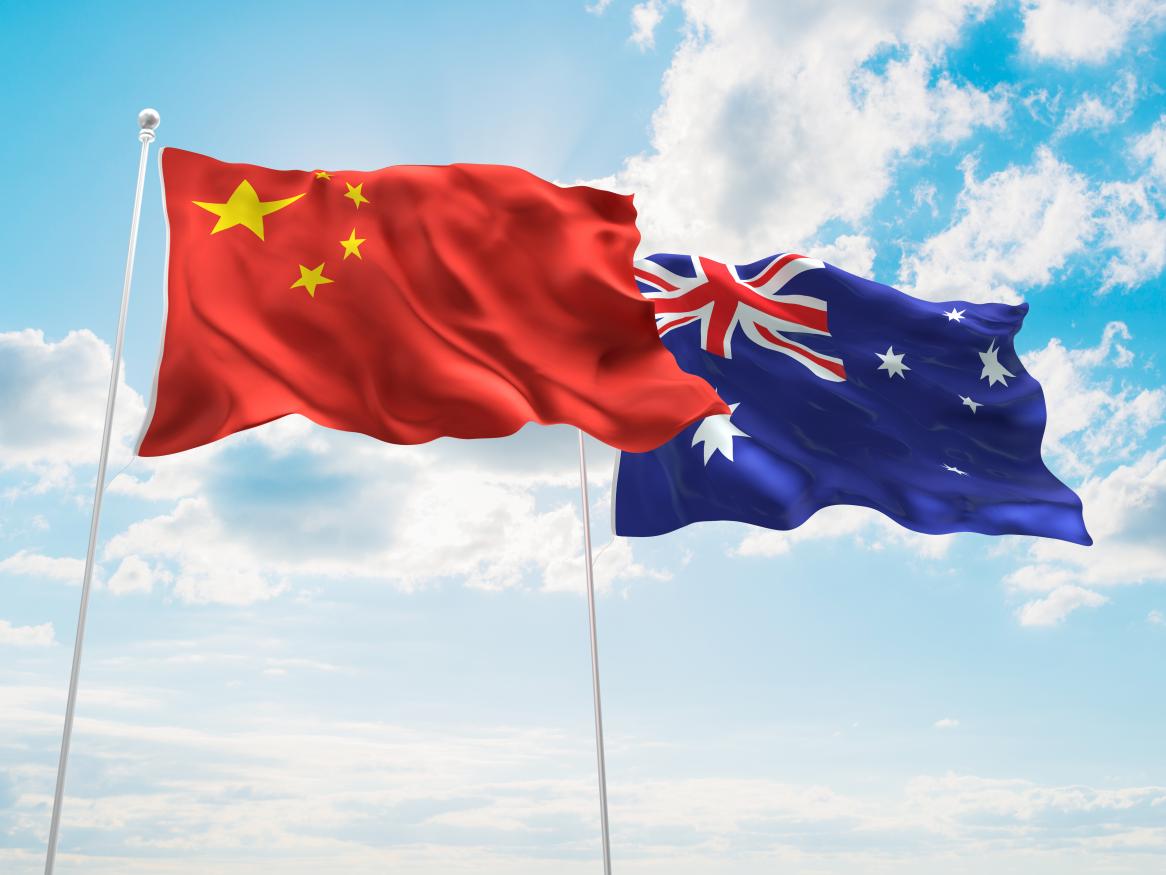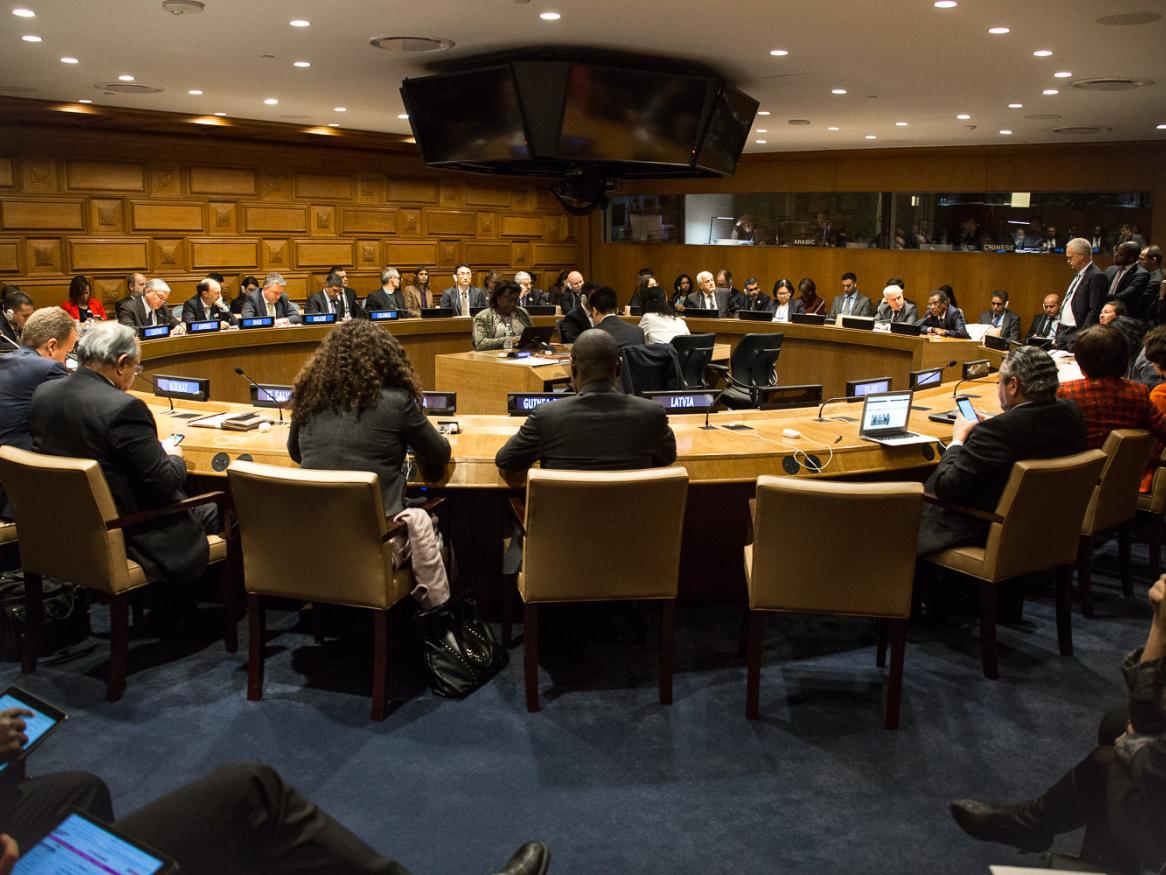News: Policy Brief
Geopolitical tensions and economic fragmentation: a trade policy response

POLICY BRIEF 20: Carlos A. Primo Braga is an Adjunct Professor, Fundação Dom Cabral, Brazil; Visiting Professor at IMD, Switzerland and at El Colegio de México.
Douglas Lippoldt is a non-resident Senior Fellow at the Centre for International Governance Innovation (CIGI, Canada). At a time when effective global co-ordination and action are desperately required, developments on the ground present several challenges. The shock from the COVID-19 pandemic elicited protectionist sentiment in some areas and continues to weigh on the global economy, despite the heroic response by the medical community. The war in Ukraine is tremendously costly to the adversaries. It has also proven very costly to third parties, especially those dependent on food and energy supply from the region.
[Read more about Geopolitical tensions and economic fragmentation: a trade policy response]
Monitoring the impact of the EU’s new foreign investment screening mechanism

Jens Hillebrand Pohl is a Research Scientist in the Faculty of Management and Business at Tampere University, Finland.
Amidst the rise of increased geoeconomic competition, the European Union introduced a foreign direct investment screening framework for member states. The framework coordinates member-state national screening mechanisms, rather than an EU-level screening authority, reflecting the compromise reached between the EU commissions favour of a cautionary approach and the member states pushing for EU regulation. This policy brief outlines the Commission’s monitoring mandate over investment screening activity, proposing a set of parameters for measuring the impact of screening on investment.
[Read more about Monitoring the impact of the EU’s new foreign investment screening mechanism ]
Open strategic autonomy and the new geoeconomics: consequences for EU trade policy

Jens Hillebrand Pohl is a Research Scientist in the Faculty of Management and Business at Tampere University, Finland.
The geoeconomic paradigm shift has led the European Union in pursuit of open strategic autonomy, in response to the need for dynamic strategy to manage economic interdependence. Europe is adapting to global power competition through a range of policy areas increasing their geoeconomic competitiveness, including updating their geoeconomic defences through policy and strengthening their diminishing geoeconomic power through international cooperation. However, this does not simply result in effects to external relationships, but has exposed divisions amongst member states in how to manage Europe’s economic interdependence.
Australia’s response to Chinese economic coercion: towards a comprehensive strategic approach to export diversification

Mike Adams, former Department of Foreign Affairs and Trade (DFAT) economist. Ron Wickes, past Director of the Trade Analysis Section of DFAT, Nicolas Brown headed DFAT’s branch for analysis and strategic advice on trade and economic issues.
On a range of measures, Australia’s exports have become more concentrated on China since 2000. Yet geopolitical tensions, intensified by China blocking key Australian exports over the past two years, has fuelled a debate over export diversification to reduce vulnerability to economic coercion. This policy brief argues that much of the debate misses key facts about Australia’s economic options, and argues for economic reform and regional cooperation to support diversification.
Taking a Step Towards Modernizing Agriculture Trade Policy

Ken Ash, Independent Consultant, IIT Visiting Fellow, and former OECD Director of Trade and Agriculture.
Carmel Cahill, Independent Consultant and former OECD Deputy Director of Trade and Agriculture.
Twenty-eight years after agriculture was brought into the rules-based multilateral trading system global production remains significantly distorted by policy support. Unless WTO members put away their well-worn talking points and adopt a fresh approach to modernizing the rules for agriculture trade, the future risks looking much like the past.
[Read more about Taking a Step Towards Modernizing Agriculture Trade Policy]
COVID-19 and Global Sea Transport

Douglas C. Lippoldt and Carlos A. Primo Braga
Maritime shipping has been at the very core of the globalisation process. It is a carefully balanced system that maximises capacity utilisation while adapting to annual shifts in demand and long-term trends in economic development. COVID-19 has delivered a dramatic shock to the system. This brief assesses the damage done thus far, and then identifies a number of policy interventions that can improve the resilience of global shipping, boosting the stability of global supply chains.
Geostrategic Tensions Manifesting as Trade Conflict: Policy Recommendations for rebuilding Australia-China relations

Co Authors: Mike Adams, former Department of Foreign Affairs and Trade (DFAT) economist, Ron Wickes, former Director of the Trade Analysis Section of DFAT and Nicolas Brown, former head of DFAT’s branch responsible for analysis and strategic advice on trade.
China-Australia diplomatic relations are at their lowest point in decades, reflected in trade relations that have become increasingly strained by Beijing’s coercive tactics. Acknowledging that there is little chance of getting back to the positive relationship that Australia and China enjoyed just four or five years ago, this brief argues for a pragmatic diplomatic approach where trade can support a revival of mutually beneficial and broad-based trade and investment relations with China. This need not be at the cost of security and broader strategic interests and could in fact enhance them, irrespective of cultural, political and historical differences.
Chasing The Windmill: What is wrong with the US approach on developing country status

Professor Xiankun LU is former senior trade diplomat of China to the WTO and now Managing Director of the consulting firm LEDECO Geneva.
The polarized positions in the WTO, particularly between the US and China, on developing country status and ‘special and differential treatment’ (S&D), makes it not only difficult to find a solution on this issue, but also impossible to foresee solutions on other issues demanding WTO reform.
Cold War 2.0: Implications for Middle Powers

Carlos A. Primo Braga is an Adjunct Professor, Fundação Dom Cabral, Brazil.
The commercial and geopolitical conflict between China and the United States is unlikely to abate in the coming years. This brief discusses the contours of recent geopolitical history in order to contextualize the nature of this new “Cold War” between the two superpowers.
[Read more about Cold War 2.0: Implications for Middle Powers ]
Post-Covid 19: Back to the past or the start of a greener future?

Mike Humphrey Senior Trade Advisor at the Institute for International Trade at the University of Adelaide.
As is the case with most governments world-wide, the Australian government’s concern regarding the recovery from the economic impacts of the COVID-19 crisis has been how to reboot the domestic economy and international trade as rapidly as possible.
[Read more about Post-Covid 19: Back to the past or the start of a greener future?]
